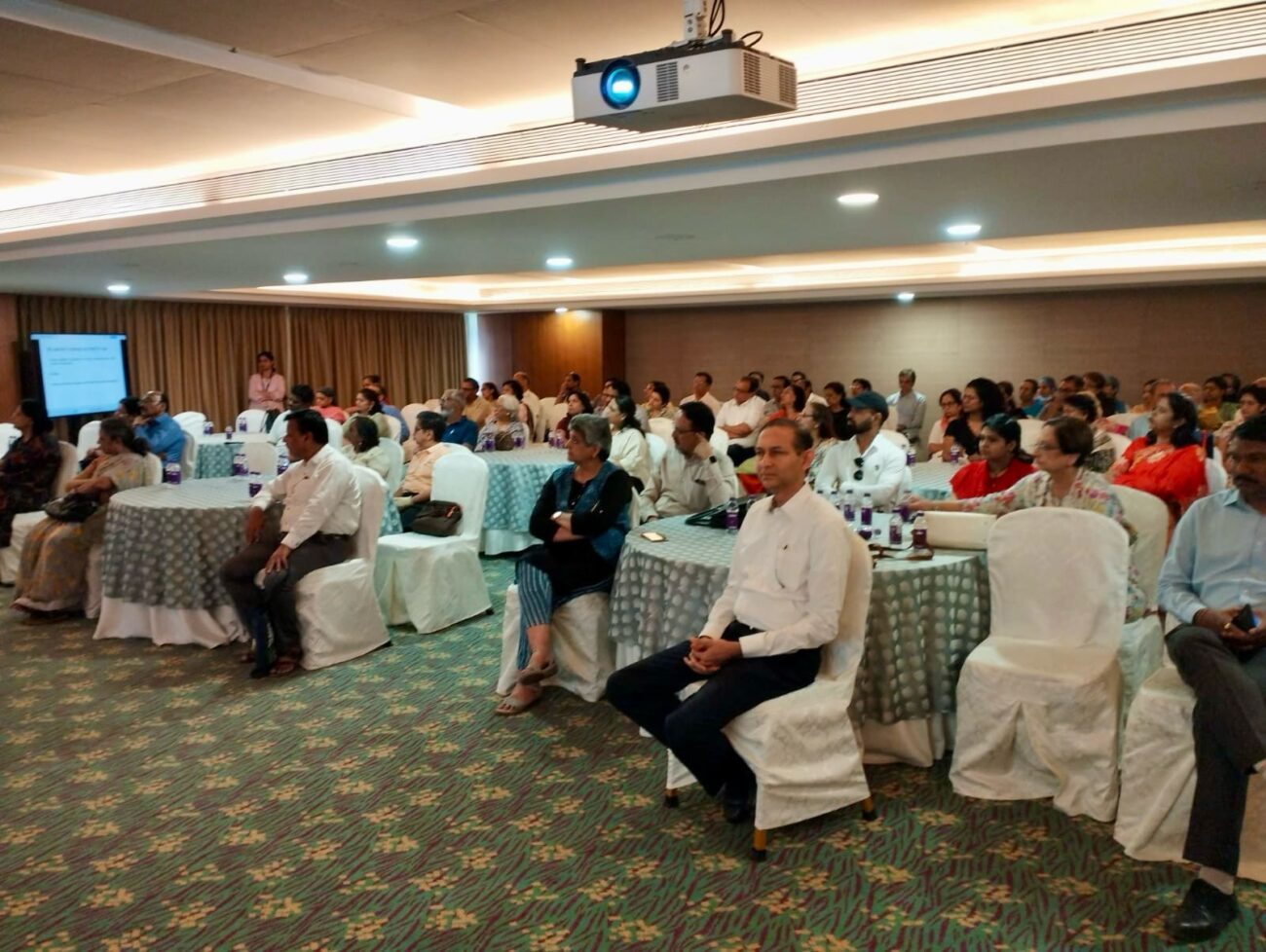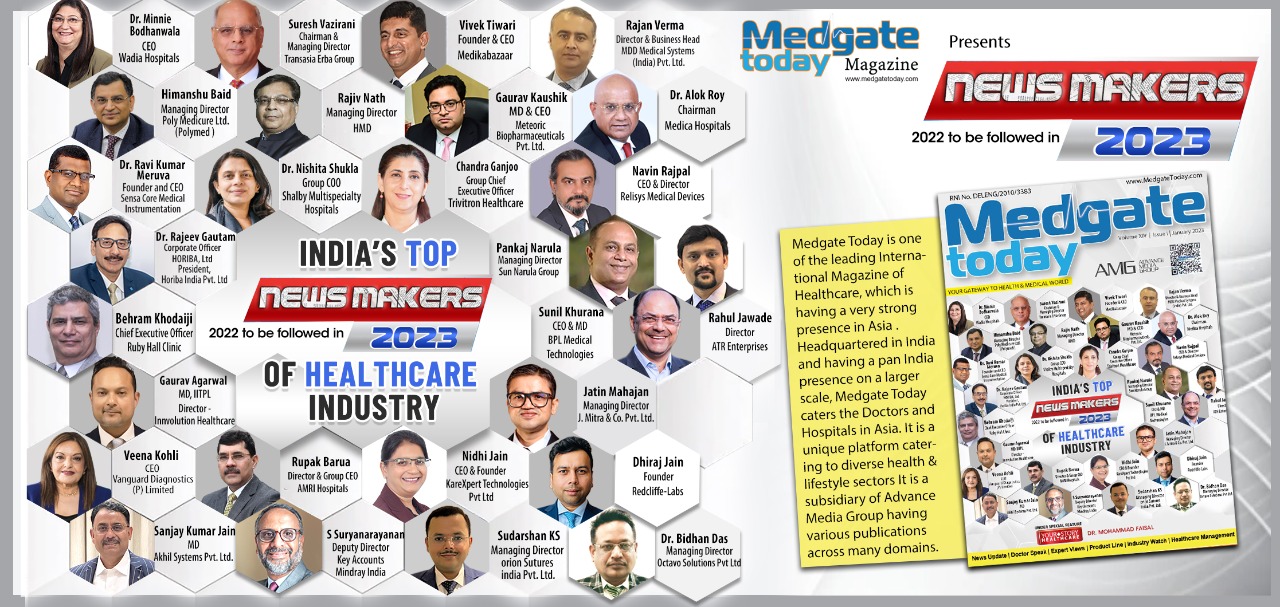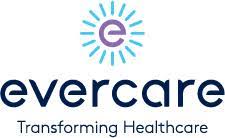1st Govt. & Indian Manufacturers Conference on Comprehensive Regulation of Medical Devices Calls for a Separate Medical Device Patient Safety Law Separate from Drugs
AiMeD & BCIL Conference supported by DoP asks for ending confusion by regulating all medical devices by an incredible regulatory framework A first of its kind joint conference “Comprehensive Regulation of Medical Devices” was organized
AiMeD & BCIL Conference supported by DoP asks for ending confusion by regulating all medical devices by an incredible regulatory framework
A first of its kind joint conference “Comprehensive Regulation of Medical Devices” was organized by Association of Indian Medical Device Industry (AiMeD) & Biotech Consortium India Limited (BCIL) supported by Department of Pharmaceuticals (DoP) on 5th Oct, 2019 at New Delhi.
Mr. Rajiv Nath, Forum Coordinator, AiMeD & Dr. Purnima Sharma, MD, BCIL welcomed all the guests from Government, Industry, Academia & Indian Medical Device Industry Associations and apprised the members about the key challenges being faced by the Indian medical device industry for suitable policy interventions by the Govt. to uplift the sector.
Dr. Vinod Paul, Member, NITI Aayog during his inaugural emphasized on the need for integrated efforts to promote innovations and development of indigenous medical devices for having a vibrant domestic medical devices industry for the society. He assured full support of NITI Aayog to ensure that the intent of domestic industry to provide access to safe, effective and quality medical device to the patients are kept in all Govt. policies.
Dr. V.G Somani, DCGI, CDSCO said “Regulations need to encourage – Make in India & Made in India. To improve Brand value, credibility and acceptance of Made in India Medical devices, all Medical Devices need to be regulated at one go and not item by item.”
Dr. Vinod Paul & Dr. V.G Somani allayed apprehensions of the medical device industry and assured to regulate all medical devices in a phased manner rather than item by item in a stipulated time frame starting with voluntary registration for manufacturers & importers and voluntary compliance to Medical Devices rules while an eco-system is built up with infrastructure along with adequate team of competent officers.
The opening session threw light on the Need for Comprehensive Regulation of Medical Devices in India. Mr. Rajiv Nath, Forum Coordinator AiMeD pointed out the need to regulate all Medical Devices under a Patients’ Safety Medical Devices Law to protect patients and aid responsible manufacturing.
“The Manufacturers have been confused with informally choosing of Products and notifying them as Drugs. They seek a predictable and comprehensive regulatory framework that allows for adequate transition and is predictable. Only then will investments speed up as they get discouraged to be regulated as Drugs” – said Mr. Gurmit Chugh, Jt. Coordinator (AiMeD).
The first technical session on Comprehensive Regulation of Medical Devices highlighted the current state of the beleaguered Indian Medical Devices domestic industry. The urgent need for the Govt. to expedite steps to end the 80-90% import dependence forced upon us and an ever increasing import bill of over Rs 38,837 Crore, expedite steps for patients’ protection, stronger quality & Safety regulations, price controls to make medical devices and quality treatment accessible and affordable and ethical indigenous manufacturing viable .
MSME dominated medical domestic manufacturing took a hit post GST as imports become 11% cheaper and shoot up 24%. Imports of medical devices are up by record 24 % at 7450 Cr ₹ from ₹31386 Cr in 2017-2018 to 38,837 Cr ₹ in 2018-2019.
GST on medical devices is in favour of imports and is detrimental to Make in India. MSME sector has been worst hit with huge job losses.
Voicing the concerns of Domestic Medical Devices Industry, Mr. Rajiv Nath, Forum Coordinator AIMED said “Medical Devices are not Drugs though both are medical products but differ in approach in marketing. We have been specifically seeking Trade Margin Caps on Devices notified as Drugs but from 1st point of sale in Supply Chain, which as per us is when 1st sale takes place and GST is applied 1st time e.g. when goods enter country (on the CIF import landed price for imported and Ex-factory price for Indian).
“This will maintain parity between Indian & overseas manufacturers.” He further added.
“GoI needs to take policy decisions to give at least a level playing field, if not a strategic advantage to domestic manufacturers while safeguarding consumers”, he explained.
The panel discussion during the first technical session “Opportunities and Challenges for Patient Safety and Incentivizing Quality Assurance Standards” raised the issues of patient safety, quality concerns and compensation mechanism.
The second technical session on Defining Strategy Consumer Protection & Affordable Access via Price Control and Ethical Marketing spoke mainly of Excessive MRP: Stifling India’s Medical device growth Story.
Mr. Rajiv Nath during his presentation suggested Price controls can be done in a calibrated manner through:
> 1% GST Cess on MRP as a Tax based disincentive on all Devices;
> Capping Trade Markups to a Rational Level on some Devices; &
> Price Caps on a few priority Devices.
A pro-active policy formulation to regulate Medical Device differently than Drugs should permit free market dynamics to succeed and keep regulations simple ,protecting Consumers and Incentivizing Make in India.
The panel discussion during the second technical session focused on “Achieving Affordability and Access to Quality Medical devices through Price Control and Ethical Marketing”
Priority issues raised during the conference are:
- Need to Regulate all Medical Devices under a Patients’ Safety Medical Devices Law to protect patients and aid responsible manufacturing.
- Need to protect Consumers from exploitatively high MRP in Medical Devices by rationalized price controls and aid ethical marketing.
- Need to encourage employment and Make in India of Medical Devices and address 80-90% import dependency by a predictive nominal tariff protection policy as done for mobile phones to ensure a vibrant domestic industry & competitiveness and price stability driven by competing domestic players.
- Need to incentivize Quality in Healthcare Products in public healthcare procurements by preferential pricing for Q1 e.g. ICMED (QCI’s Indian Certification for Medical Devices) instead of L1 (lowest price) to ensure patients access acceptable quality.
- Govt. must ensure importers of Medical Devices are not kept out of the move to cap Trade Margins.
A pro-active policy formulation to regulate Medical Device differently than Drugs should permit free market dynamics to succeed and keep regulations simple, protecting consumers and incentivizing Make in India.
“We stress these are vital and strategic to meet the health-for-all National agenda of PM Modi and aligned to the Health Policy 2017, to make quality healthcare accessible and affordable for common masses and to enable placing India among the Top 5 Medical Devices manufacturing hubs worldwide and end the 80-90% import dependence forced upon us and an ever increasing import bill of over Rs 38,837 Crore. Pseudo Manufacturing & Unethical marketing is harming consumers and disallowing manufacturing to succeed in India by well-meaning investors. We can repeat the success story of mobile phones by replicating the same strategies.” said Mr. Nath.
“The Indian Medical Device Industry is very hopeful that right from trade margin rationalization to ensuring a separate set of legislation and regulatory framework to govern the medical device sector and everything in between will be looked afresh and hastened up by Modi Govt. to galvanise the domestic medical device manufacturing sector.” Concluded Mr. Nath.
Dept of Pharmaceuticals (DOP) :
The Department of Pharmaceuticals was created on the 1st of July in the year 2008 in the Ministry of Chemicals & Fertilizers with the objective to give greater focus and thrust on the development of pharmaceutical sector in the country and to regulate various complex issues related to pricing and availability of medicines at affordable prices, research & development, protection of intellectual property rights and international commitments related to pharmaceutical sector which required integration of work with other Ministries.
Biotech Consortium of India Ltd (BCIL) :
BCIL was inaugurated in 1990 by the then Prime Minister of India, Hon’ble Shri Chandra Shekhar, in presence of the Finance Minister, Shri. Yashwant Sinha and Dr. Manju Sharma, Secretary, Department of Biotechnology. Biotech Consortium India Limited (BCIL) is a public limited company, promoted by the Department of Biotechnology (DBT), Ministry of Science and Technology, Government of India and All India Financial Institutions for providing the necessary linkages among stakeholders and business support for facilitating accelerated commercialization of Biotechnology.
BCIL has been actively involved in technology transfer, project consultancy, fund syndication, information dissemination, and manpower training & placement related to biotechnology over the last decade and half. It has assisted hundreds of clients including scientists, technologies, research institutions, universities, first entrepreneurs, the corporate sector, national and international organizations, central government, various state governments, banks and financial institutions.
Association of Indian Medical Device Industry (AiMeD) :
AiMeD (Association of Indian Medical Device Industry) is an Umbrella Association of over 350 Indian Manufacturers of Medical Devices covering all types of Medical Devices including Consumables, Disposables, Equipments, Instruments, Implants, Electronics and Diagnostics. It represents the interest of over 900 Manufacturers, however, with over 6000 Medical Devices we should be over 7000 factories and bigger than Pharma by not being 80% Import Dependent on Medical Devices, by fostering Make in India.





